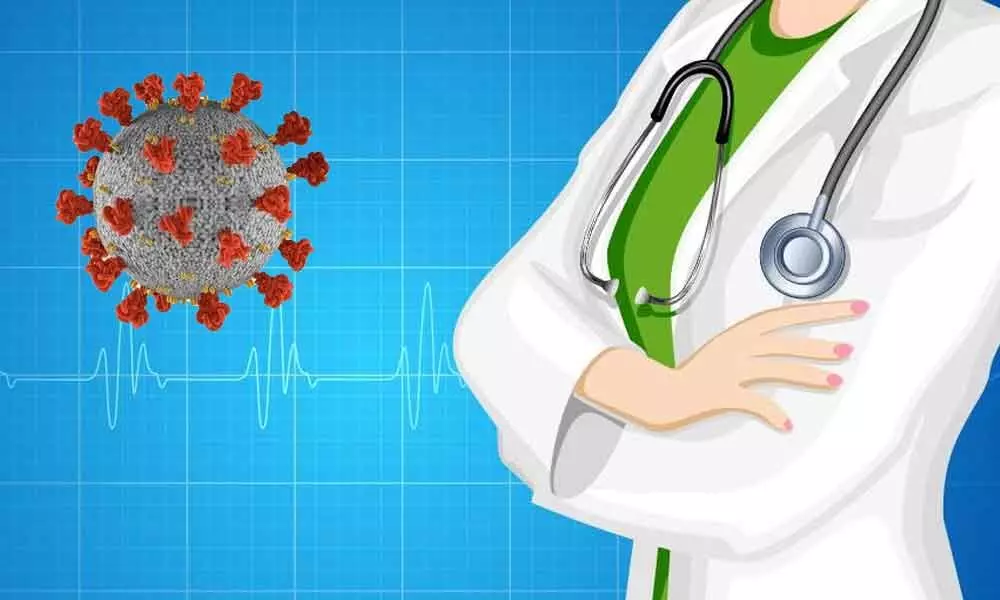One in three elderly develop new conditions after COVID-19 infection: BMJ study

Representational Image
Nearly a third of older adults infected with COVID-19 in 2020 developed at least one new condition that required medical attention in the months after initial infection, according to an observational study published in The BMJ.
Nearly a third of older adults infected with COVID-19 in 2020 developed at least one new condition that required medical attention in the months after initial infection, according to an observational study published in The BMJ.
Researchers from Optum Labs and Harvard T H Chan School of Public Health in the US noted that conditions involved a range of major organs and systems, including the heart, kidneys, lungs, and liver as well as mental health complications.
They used health insurance plan records in the US to identify 133,366 individuals aged 65 or older in 2020 who were diagnosed with COVID-19 before April 1, 2020.
These individuals were matched to three non-COVID comparison groups from 2020, 2019, and a group diagnosed with viral lower respiratory tract illness.
The researchers then recorded any persistent or new conditions or sequelae starting 21 days after a COVID-19 diagnosis.
They calculated the excess risk for conditions triggered by the disease over several months based on age, race, sex, and whether patients were admitted to the hospital for COVID-19.
The results show that among individuals diagnosed with COVID-19 in 2020, 32 percent sought medical attention in the post-acute period for one or more new or persistent conditions, which was 11 percent higher than the 2020 comparison group.
Compared with the same group, COVID-19 patients were at increased risk of developing a range of conditions including respiratory failure, fatigue, high blood pressure, and mental health diagnoses.
''Understanding the magnitude of risk for the most important clinical sequelae might enhance their diagnosis and the management of individuals with sequelae after acute SARS-CoV-2 infection,'' the authors of the study said.
"Our results can help providers and other key stakeholders anticipate the scale of future health complications and improve planning for the use of healthcare resources,'' they noted.
Similar results were found for the 2019 comparison group, the researchers said.
However, compared with the group with viral lower respiratory tract illness, only respiratory failure, dementia, and fatigue showed increased risk differences with COVID-19.
Individuals admitted to the hospital with COVID-19 had a markedly increased risk for most but not all conditions.
The risk of several conditions was also increased for men, for those of the black race, and for those aged 75 and older, the researchers said.
This is an observational study so can't establish cause, and the researchers acknowledge some limitations, including the fact that some diagnoses might not truly represent a new condition triggered by COVID-19 infection.
However, they warn that with millions infected with coronavirus worldwide, ''the number of survivors with sequelae after the acute infection will continue to grow.''
















